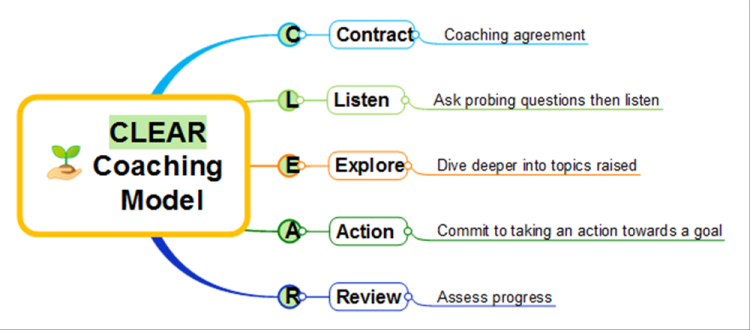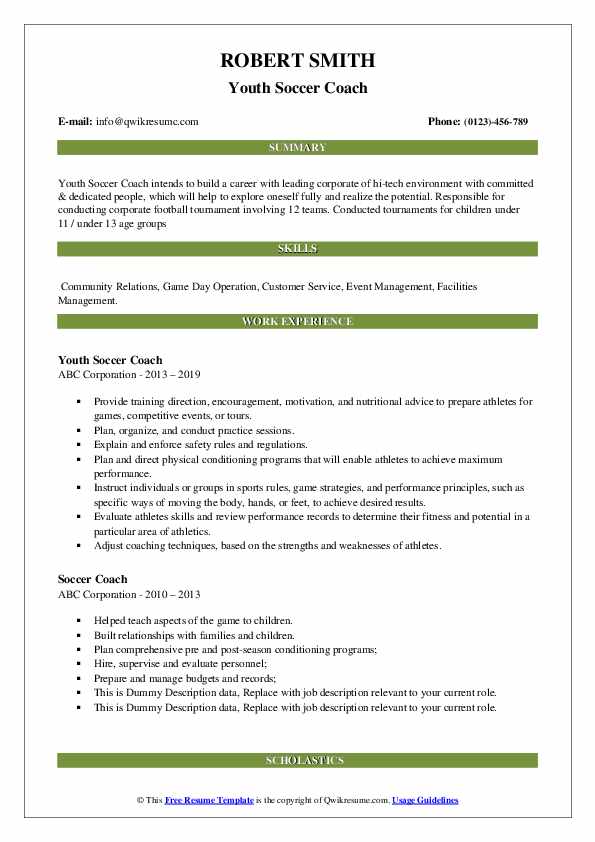
One of the most important questions financial advisors ask is how to address life changes. A newly married couple might want to start a business, save money for their children's college, or help their parents. No matter their circumstances, advisors should have all details and be able make specific recommendations.
Follow-up questions
As important as starting a conversation with clients, it's equally important to follow-up. Effective follow-up questioning allows advisors to gain better information about clients and to demonstrate their responsiveness for their needs. These questions can also be used to build rapport with clients and avoid imposing judgments. You can improve your ability ask follow-up question by asking them often.
Clients might decide to alter their investment portfolio following a major life event. This is a good opportunity to ask the client questions about their values and to apply them to their individual financial planning. A follow-up question such as this can help you determine what is bothering the client. These questions can be stored for future reference.
Transformations
Questions can be powerful tools when it comes to helping clients transform their financial lives. However, it is important to avoid transformations by avoiding questions that lead your clients in a certain direction. These questions are often closed-ended and lead our brains to believe there is only one right answer.

The job of all business units is to manage transformations in this age of rapid change and disruption. It's especially difficult for the finance and accounting department because their processes, information flow and information flow are inextricably linked.
Swing
Financial advisors use swing questions to inquire about clients' finances. They can be tricky to ask without coming across as too direct or too aggressive. Once the relationship between the advisors and clients is established, these questions should not be used. Otherwise, these questions may seem disingenuous. Clients might feel that advisors don't care.
The purpose of these questions is to get an idea of the person's attitude toward money and what their goals are. They will help you determine whether the client is a good candidate for a specific type of financial advice. A financial planner that specializes is investment management may be more suitable for a client who needs help with investing in the stock markets.
Implied/projective
Financial advisors may use a variety of questions when interviewing prospective clients. Swing questions allow for thoughtful reflection and probing of points of resistance. Scaled questions can be used to evaluate relative levels of concern and interest. These questions can be used by financial advisors to request information from clients.
Market is one type of question. Investors should consider whether the market is expected to rise or decline. This question can have a significant impact on your financial goals. Also, changes in laws and regulations could have an effect on the market. Additionally, tax policies can impact the stock price. This makes it essential for your financial plan to factor in these shifting variables.

Scaling
Scaling questions and confidence questions are two types questions financial advisors use in order to assess a client's level or interest. These questions help to determine where the client stands right now and where they wish to be in the near future. Advisors can also use these questions to gauge clients' interest in changing and what their concerns might be.
There are many client needs. This makes it difficult for a process or system to be scalable. This can be overcome by narrowing down the client base that advisory firms serve. This will make it easier to provide efficient advice and analysis. Advisors will then have more time to spend on clients.
FAQ
What is a life coach?
By focusing on the most important things to you, a life coach will help you live happier, healthier, and fulfilled lives. They will help you to identify your goals and devise strategies for reaching them. They offer guidance and support during tough times.
They're there for you whenever you need them, helping you plan for a wedding or providing career advice during a job interview.
Life coaches don't just tell what to do. They also give tools that will help you make better decisions, and improve your relationships.
What are the signs that I might need a coach to help me?
If you feel like you're not living up to your potential, you could likely benefit from some extra help. It's a sign that you have failed to reach your goals in the past. Maybe you find it difficult to stay committed long enough for results.
Stress-related burnout is a condition where you have difficulty managing all aspects of your life, including work, family, friends and finances.
These obstacles can be overcome with the help of life coaches.
What is a relationship coach?
A relationship life coach helps you develop the skills needed to build strong relationships by providing support, advice, coaching, guidance, education, training, and mentoring.
They can help you better understand yourself, what others think about you, and how you are perceived by them. They are there to support you when and where you need them.
A coach for relationship and life also recognizes the importance self-care. He encourages clients take time to do things that make him happy.
Relationship coaches have a good understanding of human behavior, emotional intelligence, and can quickly identify problems and provide solutions.
Relationship coaches can be used at any time in your life.
What do life coaches focus on?
The ability to help people develop their skills and strengths to achieve goals.
It is important to learn about their thoughts, how they think, and what motivates. To help them find solutions for the problems that they are facing.
To give them confidence and self-belief to take control of their lives.
To help them learn through their mistakes so that they can move forward.
Teach your children how to be happier and healthier, more fulfilled, happier, and more successful.
To encourage them to develop practical communication skills.
To encourage them to build strong relationships.
To teach them how to effectively manage their time.
To help them understand how to motivate themselves and others.
To inspire them to be leaders.
Statistics
- People with healthy relationships have better health outcomes, are more likely to engage in healthy behaviors, and have a decreased mortality risk.1 (verywellmind.com)
- Life coaches rank in the 95th percentile of careers for satisfaction scores. (careerexplorer.com)
- According to relationship researcher John Gottman, happy couples have a ratio of 5 positive interactions or feelings for every 1 negative interaction or feeling. (amherst.edu)
- These enhanced coping skills, in turn, predicted increased positive emotions over time (Fredrickson & Joiner 2002). (leaders.com)
- If you expect to get what you want 100% of the time in a relationship, you set yourself up for disappointment. (helpguide.org)
External Links
How To
What questions should life coaches ask you?
Life coaching is a great way to help people become better at living by developing self-awareness, self-care, and positive change. It is also a rewarding career that can make a real difference in someone's lives.
Life coaches are trained to listen carefully to clients, understand their problems, and guide them toward solutions. They can provide guidance on any aspect of life, including relationships, finances, health, parenting, nutrition, spirituality, and personal development.
They can help with identifying issues that may be holding you back and helping you to develop strategies for overcoming them.
A life coach can help you improve your diet, exercise, social interactions, and any other aspects of your life.
A life coach can help you discover your path and give suggestions for getting started.
They may ask the following questions:
-
What are you looking for in life?
-
What is your first impression of the day?
-
What would you like to be when you are fifty years old?
-
Who do you admire? Why?
-
What makes you happy?
-
What does success for you look like?
-
What are your fears about the future?
-
What is the greatest strength of you?
-
What are some important things to focus on?
-
What is the one thing you wish your life had taught you before you set out on your journey?
-
What are three things that you enjoy doing?
-
What are you grateful for?
-
What are your values?
-
What is your greatest value?
-
What do you hate about yourself?
-
Are you curious about why you act/feel the way that you do?
-
Are there times when it feels like you are stuck?
-
Have you ever felt depressed?
-
What did you learn from this experience?
-
What do other people say about you?
-
What do you think about yourself?
-
What are others' perceptions of you?
-
What do your family members and friends say about you.
-
What was the most difficult thing for you?
-
What was the best piece you've ever heard?
-
What was your biggest error?
-
What are other people expecting of you?